Jhargram, one of the most beautiful places in West Bengal in India, is an offbeat destination with a wonderful combination of picturesque landscapes, rich culture, and history. Jhargram, encircled with green forests, hilly areas, and quiet environments, is perfect for anyone looking for a holiday far away from the busy urban life. Visitors will have a wide range of places to visit in Jhargram in terms of natural or manmade monuments that can be considered the wealth of the region.
10 Places To Visit In Jhargram
Let’s explore places to visit in Jhargram for a memorable experience.
1. Jhargram Raj Palace
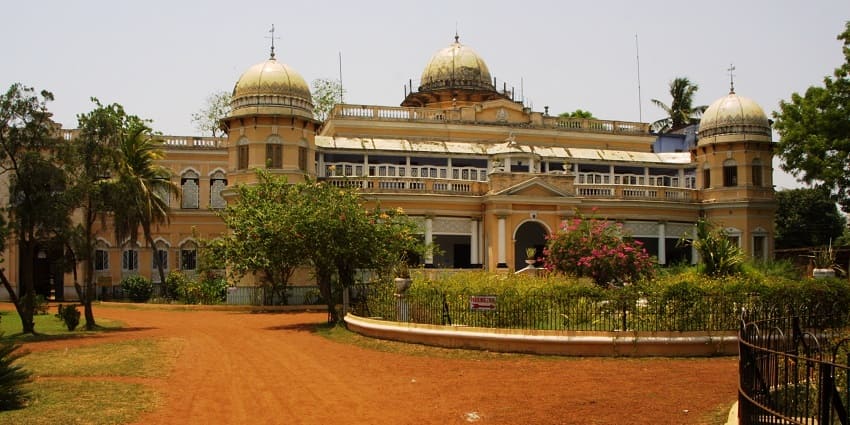
Photo: Vikramaditya Malladeb / Wikimedia Commons
Jhargram Raj Palace, which was constructed in 1922, showcases a beautiful blend of Italian and Islamic architecture known as Indo-Saracenic architecture. The family of Malla Dev, which currently inhabits this grand structure, welcomes one to the great heritage of this region. The palace is adorned with gardens and lawns, which have been well kept to fit a royal theme. The heritage experience will be completed by residing in one of ten heritage rooms available on the ground floor of the palace, which has been converted.
Best Time To Visit: October to March
Activities: Guided tours, photography, and exploring the surrounding gardens
Suggested Read: Places To Visit In Siliguri For Every Traveller To Explore
2. Chilkigarh Sacred Grove
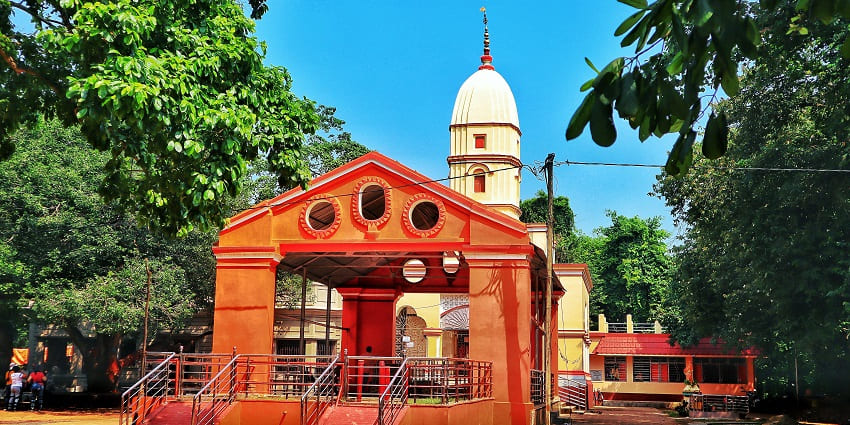
Photo: Arijit Kisku / Wikimedia Commons
Chilkigarh Sacred Grove is an important site of Rajasthan’s culture, geography, and history and consists of around sixty acres of dense, surviving forest. A temple, Kanak Durga Temple, situated within this sacred grove is dedicated to the clan’s goddess of the erstwhile royal family of Jamboni. The grove is also well developed in terms of vegetation, with around 375 plant and tree species found and considered to be an important ecological region.
Best Time To Visit: October to March
Activities: Nature walks, bird watching, and temple visits.
3. Ghagra Waterfalls
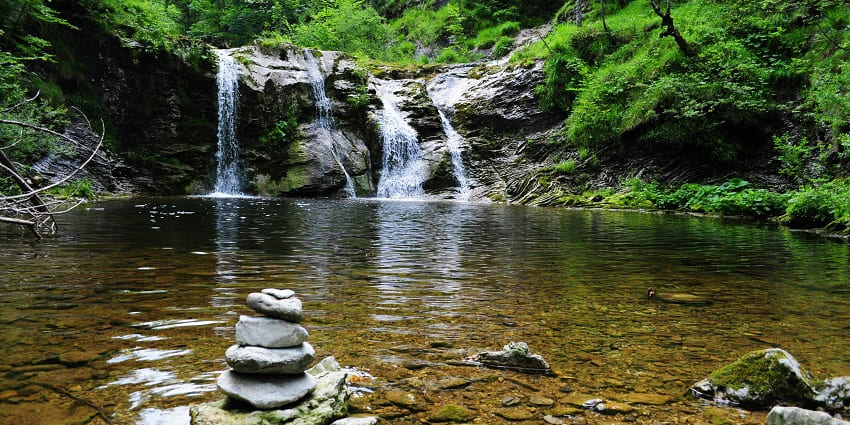
Photo: Manuela Adler / Pexels / Image For Representation Only
Ghagra Waterfalls is a captivating beauty combining both unique characteristics and calmness of nature. This scenic waterfall tumbles down a ravine of black rocks, which is a splendid view as the water gushes out of the uneven surfaces. The place is full of lush greenery surrounding the waterfall, making it a perfect place for picnics and nature lovers. The origin of the term “Ghagra” comes from the local understanding of a vessel like a pot filled with water, thus having significance to the culture of the people.
Best Time To Visit: June to September
Activities: Picnicking, photography, and nature walks
Suggested Read: Places To Visit In Siliguri For Couples
4. Junglemahal Zoological Park
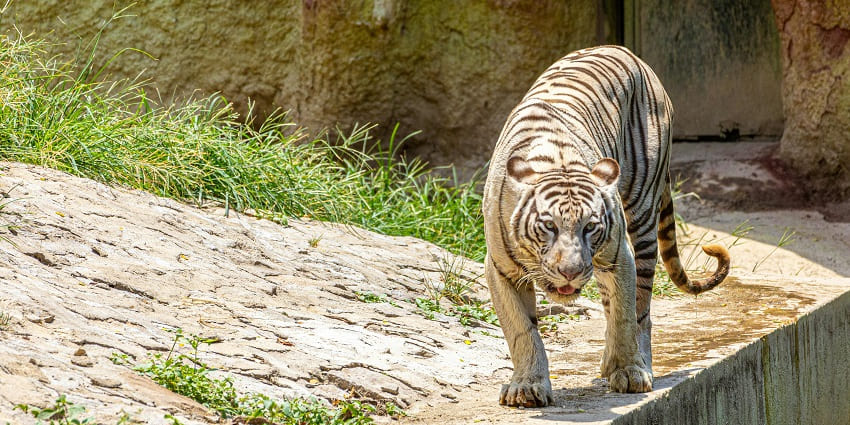
Photo: Regan Dsouza / Pexels / Image For Representation Only
The Junglemahal Zoological Park, more commonly known as the Jhargram Zoo, is a wildlife park established in the year 1980 inside a natural forest in Jhargram. It occupies an area of about 21.54 hectares and is primarily focused on the education and conservation of animals through its many species therein. The visitors get to see a total of 147 mammals, 65 birds, and 147 reptiles, which include different species such as deer, snakes, crocodiles, and other regional wildlife.
Best Time To Visit: October to March
Activities: Wildlife spotting, educational tours, and family outings.
5. Kankrajhore Forest
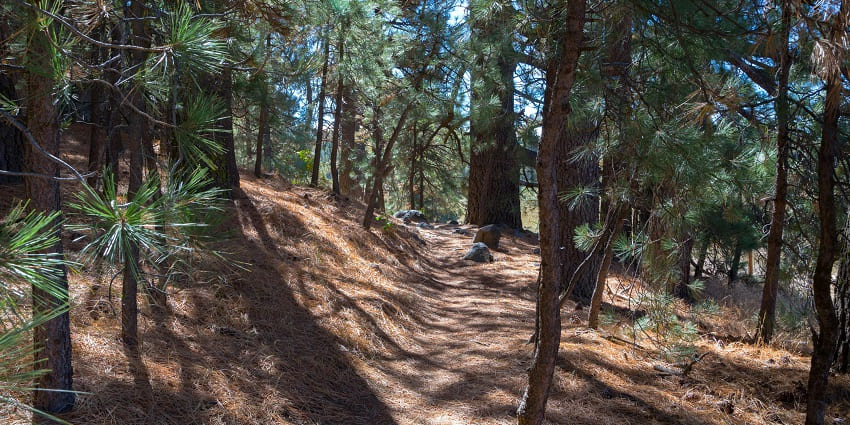
Photo: Joseph Vogel / Pexels / Image For Representation Only
Kankrajhor Forest is an extensive forest with a size of about 9000 hectares known for the many varieties of vegetation and animals, including Sal, Pial, Kendu, and Simul trees. The wonderful place has low hilly terrain with curvy roads that persuades people to come and appreciate its calmness. Kankrajhore is also another cultural place that presents a vivid description of how the people from the tribes live.
Best Time To Visit: October to March
Activities: Trekking, wildlife spotting, and exploring tribal culture.
Suggested Read: Hill Stations Near Darjeeling For A Marvellous Staycation
6. Khandarani Lake
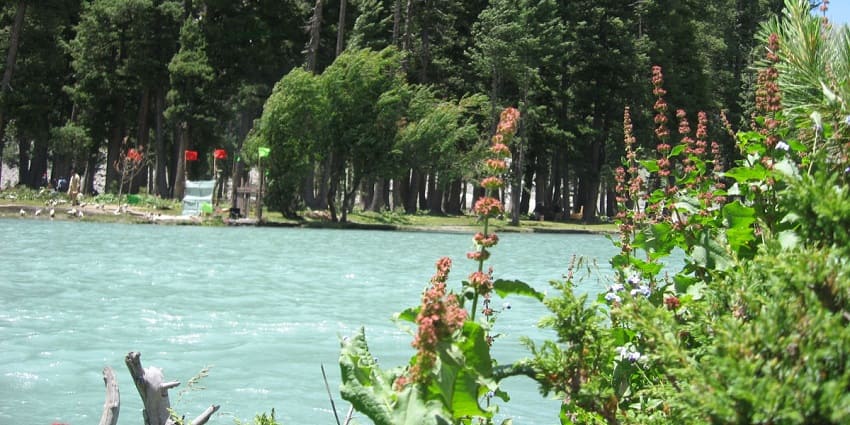
Photo: Hanif Bhatti / Wikimedia Commons / Image For Representation Only
Khandarani Lake is a quiet water body embraced by green forests and hills. Such a lovely lake is appreciated for its calmness. The place near the Khandarani Lake happens to be full of green vegetation, with the clear blue waters surrounded by the blue skies forming an interesting scenery. People can also enjoy walking around the boundaries of the lake, where wandering and coming across different species of birds are particularly rich in winter. There are no boating facilities, but people are allowed to relax and take pictures.
Best Time To Visit: October to March
Activities: Picnicking, bird watching, and nature walks.
7. Eco-Tourism Centre & Tribal Museum
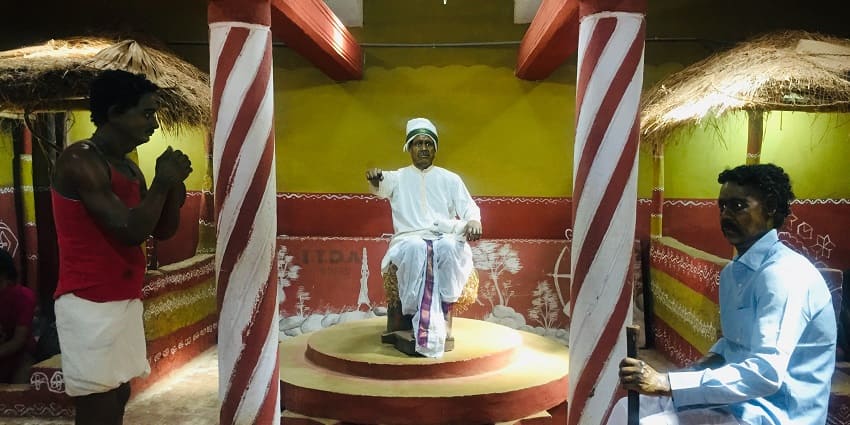
Photo: Tribal Museum / Wikimedia Commons / Image For Representation Only
The Eco-Tourism Centre & Tribal Museum is a stunning forest lodge which glorifies nature as it encourages eco-friendly tourism. The center’s tribal museum emphasizes the local culture by showcasing the region’s artistic wares, traditional arts, and crafts of the locals and their everyday lives and customs of the tribes. Tribal folk dance shows are organized for the visitors at the center on weekends, providing a refreshing touch of the folklore of the region.
Best Time To Visit: October to March
Activities: Museum tours, folk performances, and dining.
Suggested Read: Senchal Wildlife Sanctuary
8. Dhangikusum Falls
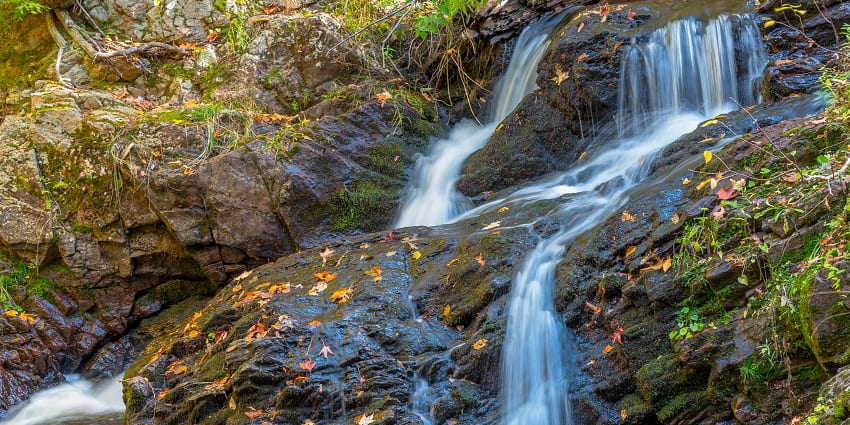
Photo: Jim Sorbie / Wikimedia Commons / Image For Representation Only
Dhangikusum Falls (also known colloquially as Dungri Falls) is a picturesque and natural place enclosed within thick forests, and the only possible access to the falls is via a long route filled with curved paths and greenery comprising Sal, Pial, and Kendu trees. The prominence of the falls is enhanced by the presence of rocks over which water tumbles down, especially in the rainy season when the waterfall is in full force. It is possible to visit the falls by first going to the Dhangikusum view point that provides a wide 360 degree view of the landscape.
Best Time To Visit: June to September
Activities: Trekking, photography, and exploring local crafts.
9. Laljal Cave
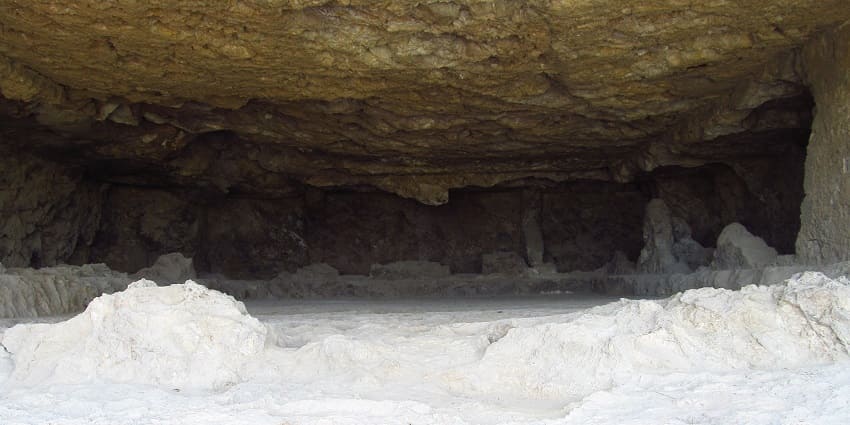
Photo: Mv.shah / Wikimedia Commons / Image For Representation Only
Laljal Cave is a stunning natural attraction that is situated in a picturesque hill station that forms a major part of the cave is reportedly historic, and local tradition says that it was inhabited by cavemen. This cave contains certain rock formations and historical objects that pertain to the presence of primitive men in that region. The water spring in Laljal cave is somewhat reddish in appearance due to copper and iron ion content; the locals claim that it also provides some taste.
Best Time To Visit: October to March
Activities: Exploring the cave, trekking, and enjoying the natural beauty
Suggested Read: Places To Visit Near Bagdogra
10. Sabitri Temple
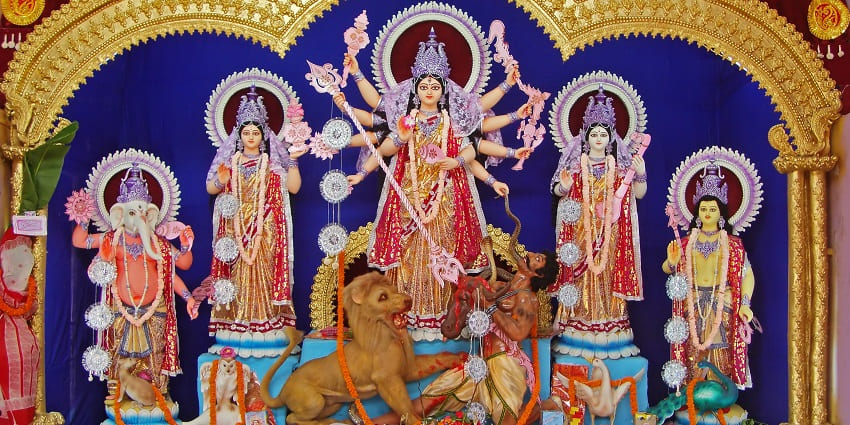
Photo: Joydeep / Wikimedia Commons / Image For Representation Only
The Sabitri Temple is dedicated to the Goddess Savitri and is of great importance to the Malla Dev dynasty, who are said to be the warriors of that temple. Unlike most temples, there is no image of the goddess; instead, devotees worship a puja stone, said to be the goddess. The importance of the temple is associated with the cultural aspects of the rhythms of the seasons, particularly during Durga Puja, where practices are observed per the Vedas.
Best Time To Visit: During Durga Puja
Activities: Temple visits, photography, and participation in local rituals.
Jhargram is not just another travel place; however, it is an emotion where history, culture, spirituality, and nature are found harmonically. Every place that has been mentioned above has its own separate beauty, which adds up to the uniqueness of Jhargram. Every second spent here gives a feeling so wonderful that the memories of it will be cherished forever. Prepare an itinerary to these places to visit in Jhargram with TripXL bearing in mind different climatic conditions at different times of the year as well as other informative local celebrations.
Cover Photo: Kanad Sanyal / Wikimedia Commons


 WhatsApp
WhatsApp
 Twitter
Twitter









